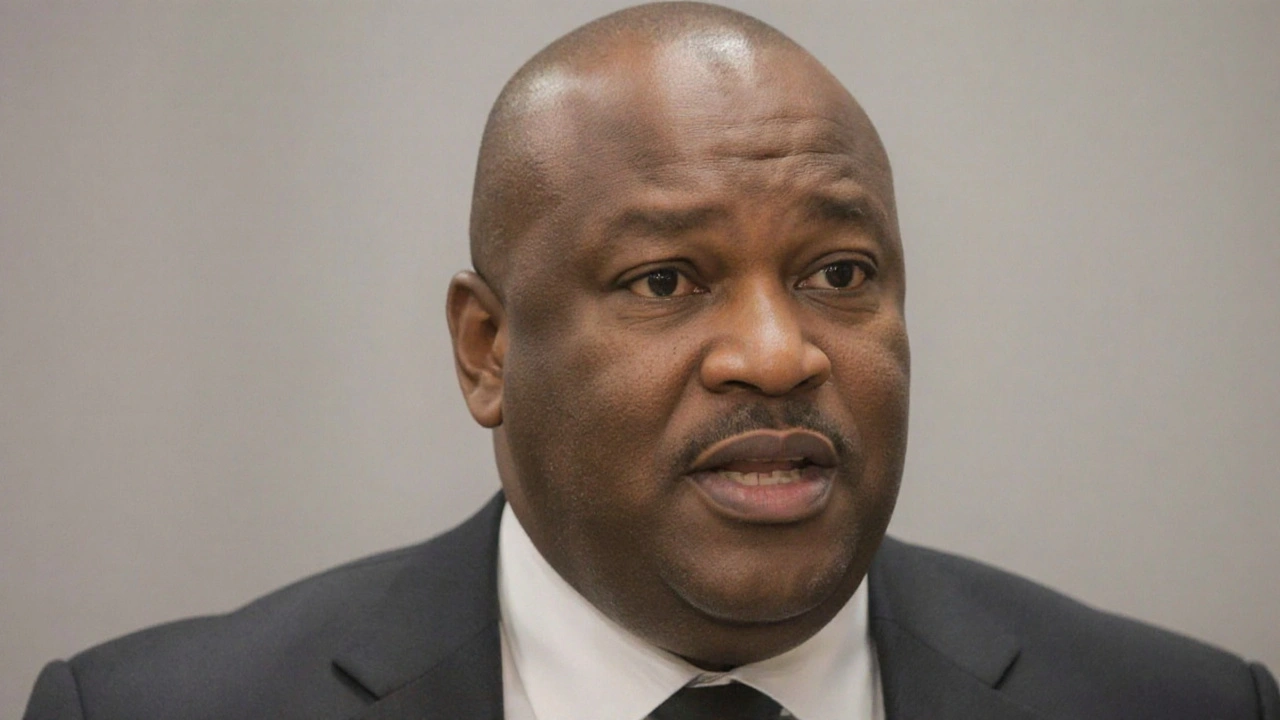The South African Human Rights Commission (SAHRC) is the government body that protects and promotes human rights across the country. It steps in when people feel their rights are being ignored, whether that’s about housing, education, or discrimination. In plain terms, think of the SAHRC as the safety net that catches you when something unfair happens.
Recent headlines show the commission busy with a range of issues. For example, the commission has been monitoring SASSA’s social grant payments after a spike in fraud alerts. It also weighed in on Telkom’s new mobile virtual network operator partnership, arguing that the move must respect equality and access for all South Africans. These cases illustrate how the SAHRC keeps an eye on policies that affect everyday life.
Another hot topic is the commission’s stance on police conduct and public protests. When police actions appear heavy‑handed, the SAHRC can launch investigations and recommend reforms. Its reports often lead to changes in how law enforcement interacts with communities, especially in townships and rural areas.
Got a rights problem? The SAHRC makes filing a complaint straightforward. You can start online, by phone, or by visiting a regional office. The form asks for a brief description of what happened, the date, and any evidence you have—photos, letters, or witness statements work well. After you submit, the commission will assess whether the case falls under its jurisdiction.
If the complaint is accepted, the SAHRC may mediate between you and the other party, conduct an investigation, or refer the matter to the courts. They also offer free legal advice in many cases, which can be a lifesaver if you can’t afford a lawyer.
It’s a good idea to keep copies of everything you send and note any reference numbers you receive. Follow up if you haven’t heard back within a reasonable time—usually a few weeks. The commission aims to resolve matters quickly, but some investigations take longer due to their complexity.
Beyond individual complaints, the SAHRC runs public education campaigns. They organise workshops on topics like gender‑based violence, disability rights, and youth empowerment. Attending these sessions can give you a better grasp of your rights and how to protect them.
In short, the South African Human Rights Commission is more than a bureaucratic agency; it’s a resource you can count on when rights feel threatened. Keep an eye on their news updates for the latest cases they’re handling, and don’t hesitate to reach out if you think your rights have been breached.
